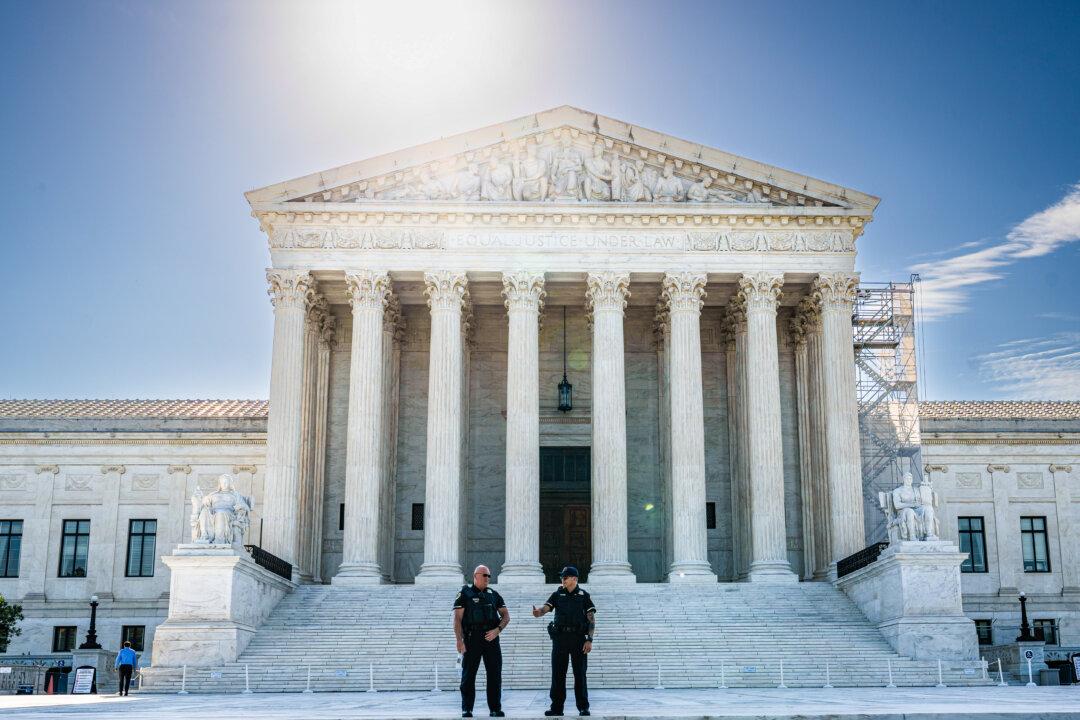The Supreme Court stated on June 24 that it would take another look at claims by Hungarian Holocaust survivors and their heirs to property taken from them when victims were forced to board trains to concentration camps during World War II.
The dispute, which has lasted more than a decade, raises questions about how much jurisdiction U.S. courts have over foreign entities.





